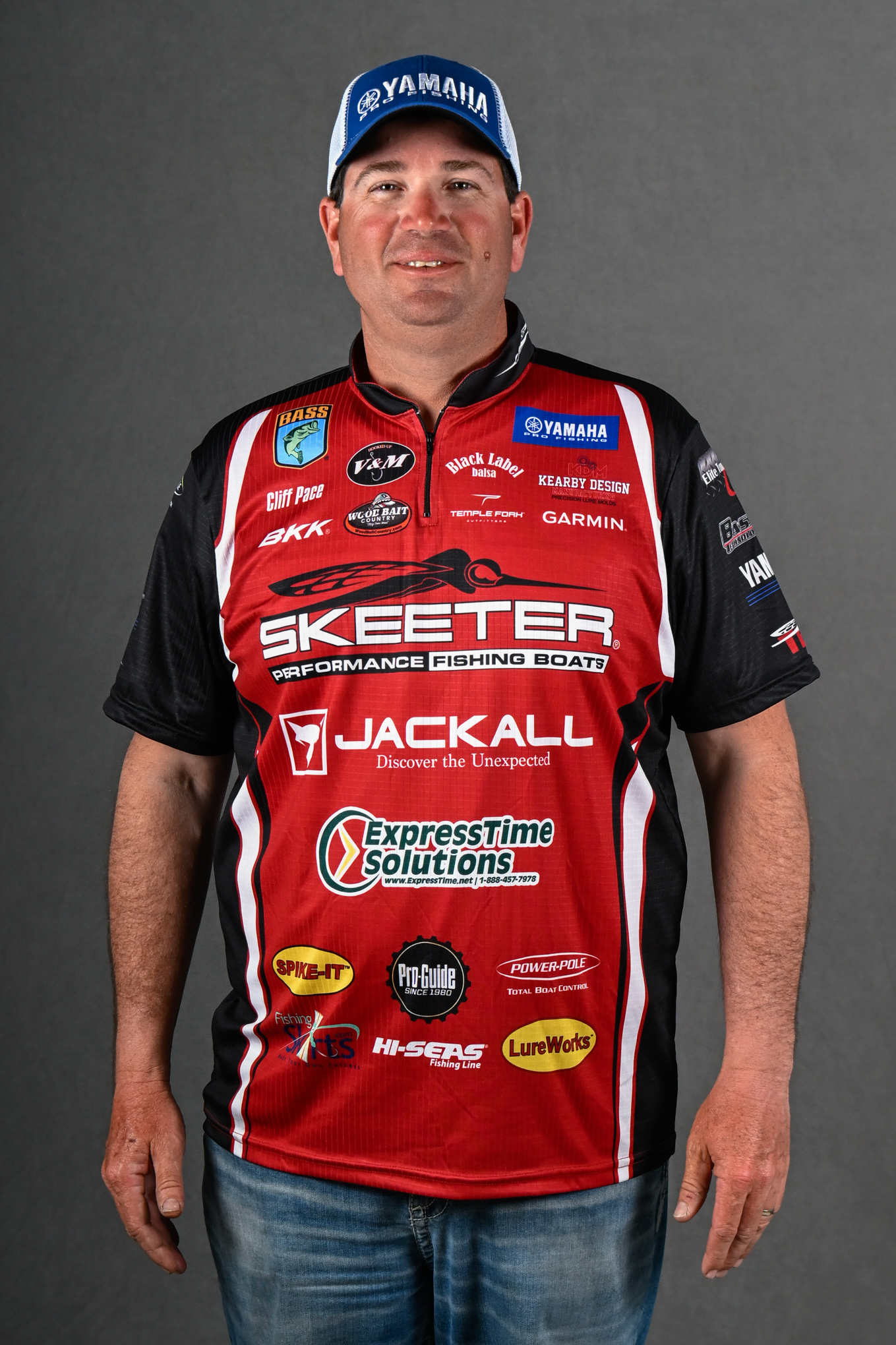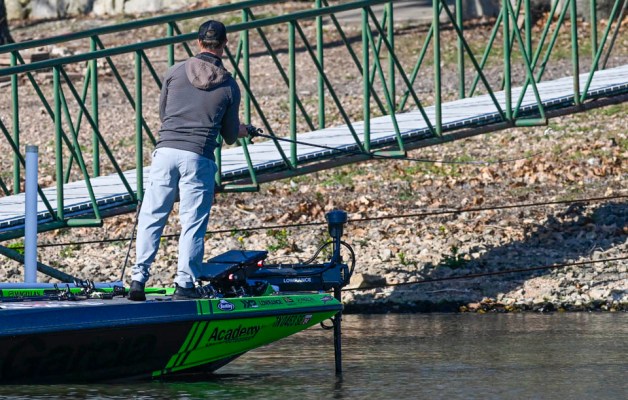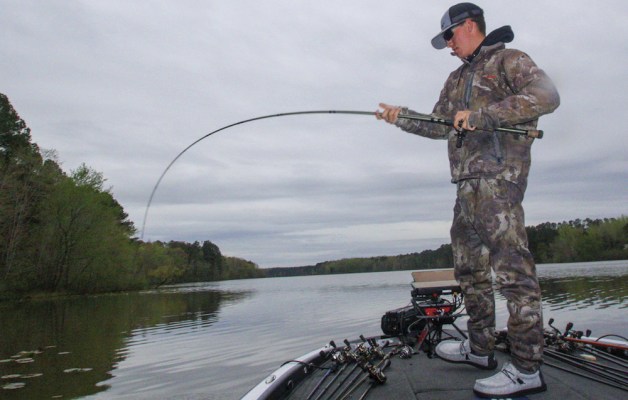The end of the 2013 Bassmaster Elite Series season is within sight, and it's interesting for lots of reasons. The one I want to talk about this week, though, is the shift it represents from the largemouth fisheries that we had earlier in the year to a couple of predominantly smallmouth fisheries — the St. Lawrence River in New York and Lake St. Clair in Michigan.
There's been a lot of talk about how different these fisheries are from some of the earlier venues this season, and that's true as far as it goes. But I really think people make too much of the differences between largemouth bass and smallmouth bass and how to approach tournaments featuring one or the other.
Yes, there are some basic truths that I can't ignore going into these final two events:
(1) Finesse baits and techniques are more likely to be players than in the earlier tournaments.
(2) More bass will probably be caught on spinning tackle in these last two events — maybe more than in the previous six tournaments combined.
(3) Preparation for the weather and water conditions will be more critical than for any other events this year.
Except for those three things, though, I'll be approaching these last two tournaments pretty much the same way as I've been fishing all year long. My mental approach will be exactly the same. In packing for these tournaments, I've traded out my flipping and pitching gear for drop shot and tube outfits. And I won't be carrying nearly so much heavy line or so many big power-type baits.
There are a few things that will get extra attention simply because of where we're going and the water we'll be fishing.
The most important is that I'll be double- and triple-checking the connections on my boat and making sure that every piece of equipment, from my trolling motor to my electronics, is bolted down extra tight. These are big waters that can get treacherous in a hurry. Though I'm hoping for beautiful weather (I don't like rough water any more than the next guy), if the wind gets up it can get dangerous fast. Equipment failure on the St. Lawrence or St. Clair could result in a tragedy.
There are also some things I know I can't take for granted:
(1) At the St. Lawrence River, largemouth bass could play a big role.
(2) It's not going to be all drop shots and tubes. A multitude of baits and techniques are going to work.
(3) Just like in every other tournament, it's going to boil down to catching five quality fish every day.
If that sounds simplistic, it's not. It's just the framework of my thinking going into these last two tournaments. If I get any more specific than that or any more sure of things, I'd run the risk of being closed-minded and miss something important when I'm on the water.
Those kind of mistakes are deadly to a tournament fisherman. I know, because I've made mistakes like that in the past, and I don't want to do it again.
Cliff's notes:
A bass is a bass and a tournament is a tournament, no matter where you find them or fish them.





